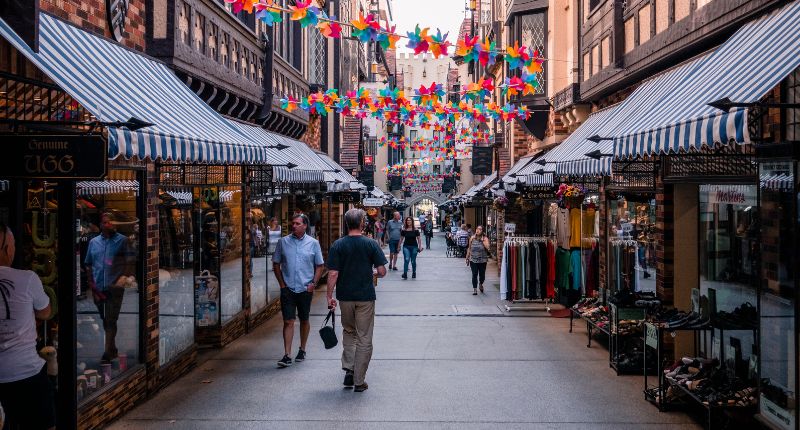- Perth retail space shortage intensifies, spurring rental growth.
- Population growth to boost Western Australia's retail sector.
- Institutions dominate WA retail ownership, holding 63% of shopping centers.
A mere 43,000 square metres (sqm) of retail space, below half the 10-year average, is slated for release in Perth from now until 2026, according to CBRE’s latest Western Australia Retail Market Overview.
Constraining occupier options in one of the tightest markets, the retail space shortage is predicted to increase rents further.
Supply shortage to remain
The CBRE report draws attention to a plethora of positive indicators for retail landlords, like the lack of new development, considering how the historical average is 116,000 sqm of new supply over three years.
In other words, it remains a landlord’s market.
“Occupiers seeking out high-quality new supply will have limited options over the next few years. We expect this to have a positive impact on rental growth in the medium term as landlords gain bargaining power in the under-supplied market,” said CBRE research analyst, Cameron Douglas-Perrine.
The research also identifies how Western Australia’s retail market is uniquely poised to capitalise on the robust population growth of 13% over the next decade spurred by international and interstate migration, boosting retail demand in the short and long term.
Douglas-Perrine forecasts that WA’s relatively higher economic growth, driven by its healthy mining sector and labour market, will also push retail demand upwards.
The most active investors in the WA retail sectors have been institutions, responsible for 64% of deal activity in the past three and a half years.
Local retail assets in hot demand
The most actively traded assets are neighbourhood shopping centres, followed by their sub-regional counterparts. Only a single CBD asset was sold. Indeed, other reports have highlighted this trend as well.
Compared to their sub-regional and neighbourhood counterparts, super and major regional centres have not recovered from the drop in retail activity brought about by the recent global pandemic. The current consumer preference is to shop locally.
Recent major acquisitions noted by CBRE include Busselton Boulevard Shopping Centre and Margaret River Shopping Centre, which Centuria Capital Group purchased for the combined price of $31 million.
Institutions are the top investors in retail
“Institutions continue to dominate the market, owning 63% of the state’s shopping centres, compared to private owners (32%) and family office/trusts (5%),” CBRE retail capital markets national director James Douglas says.
“This institutional ownership is even more concentrated on a square-metre basis, with Real Estate Investment Trusts (REITs), superannuation funds and investment management firms controlling 1.8 million sqm of shopping centre stock, or approximately 80% of the market.”








